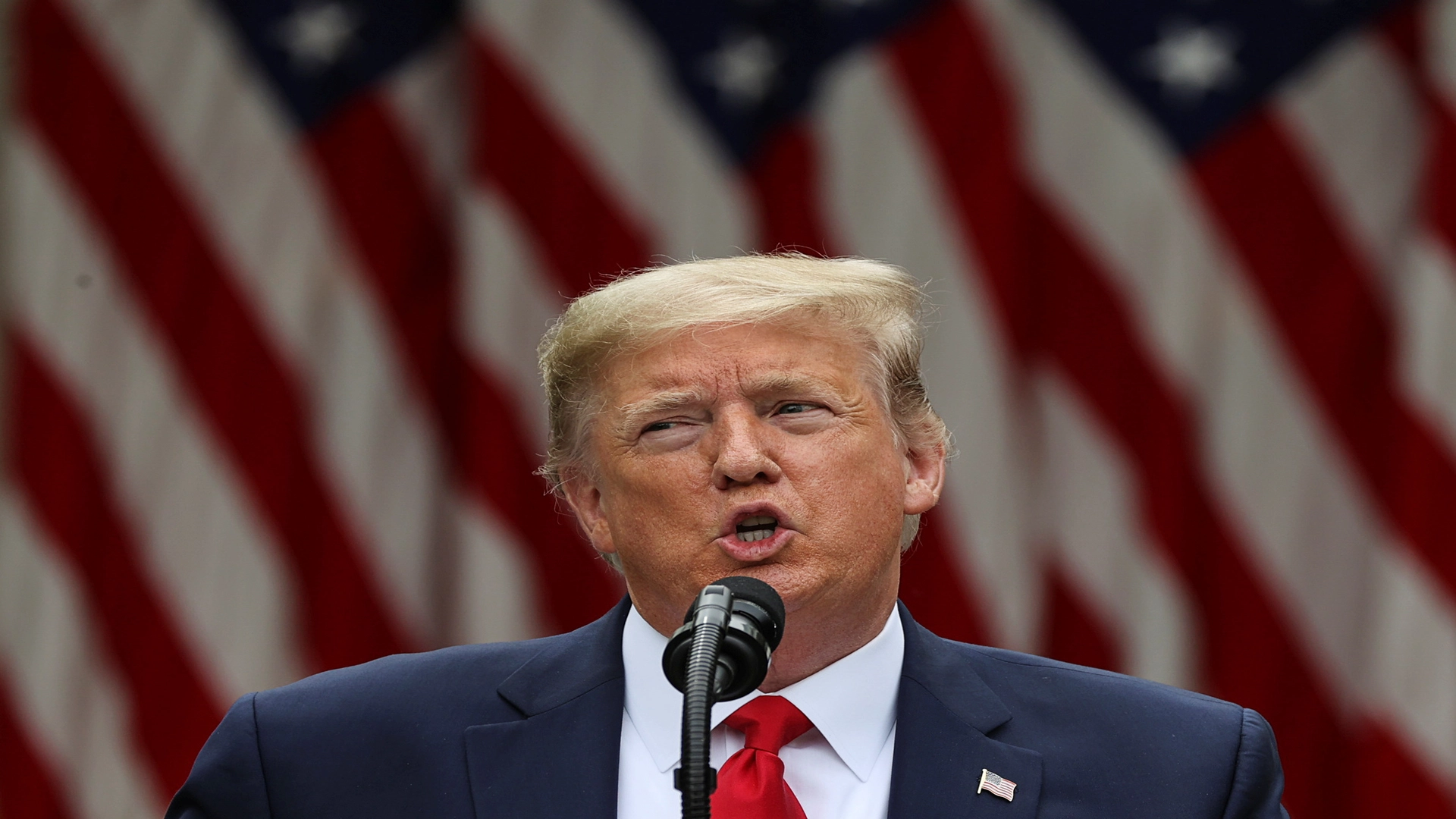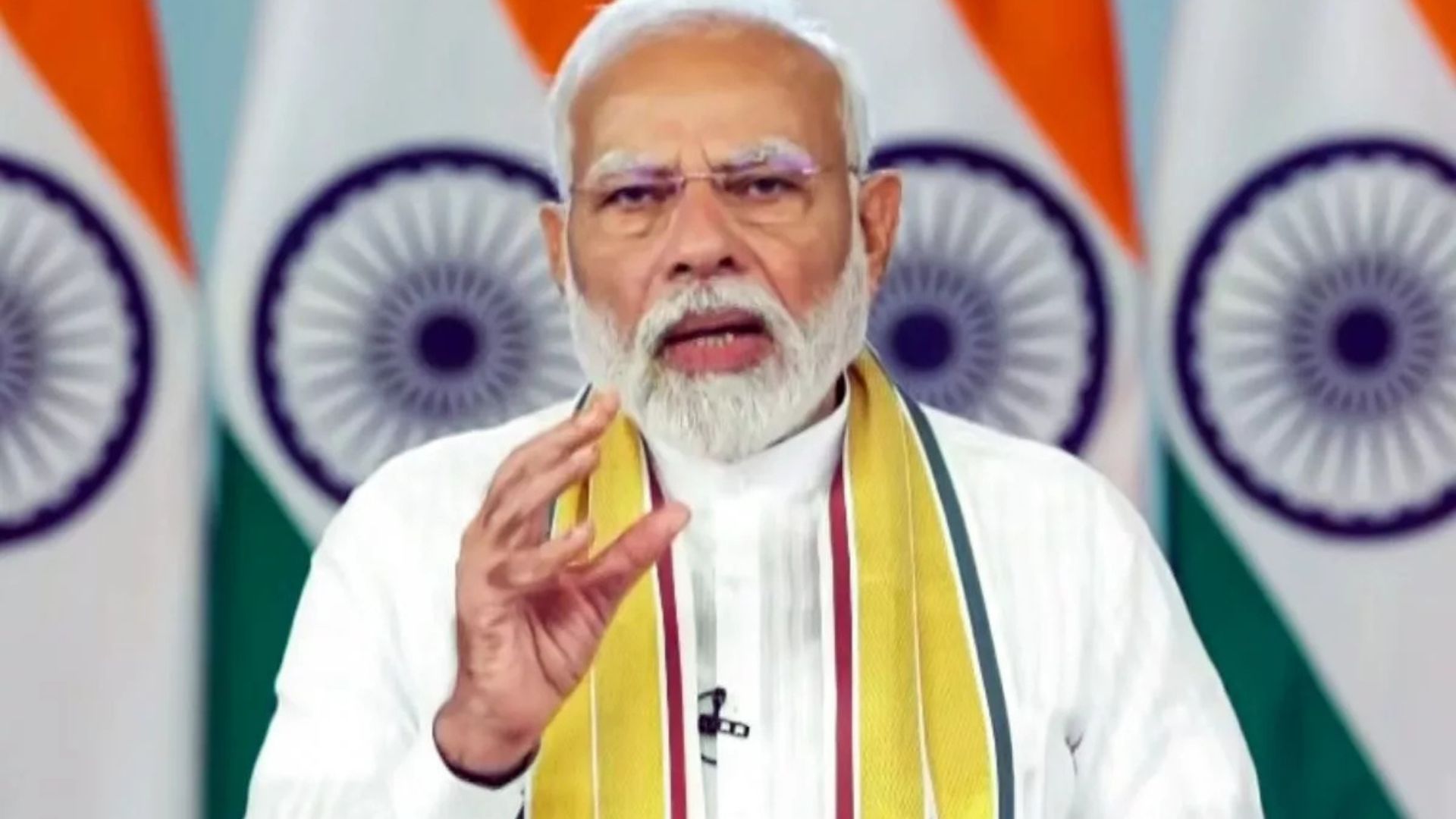
The unilateral imposition of digital service tax has sparked a debate amongst all the countries. Where on one hand, the OECD/G20 model is consistently working on bringing global consensus for taxability of digital economies many countries have opted to unilaterally impose taxes on the digital techs. It is also interesting to note that India who has always participated in OECD meetings and have endorsed their reports has also chosen to move on with DST unilaterally. All these unilateral measures had an impact on US Trade and USA has invoked its power to move on with the investigation. The power and the scope of the US investigation have been detailed below.
USTR 301 INVESTIGATIONS:
The US administration considers the levy of unilateral DSTs as a targeted attack on US tech giants. They equally believe that such unilateral measures as impinging upon the commercial interests of United States. And in light of this, the United States Trade Representative (USTR) is actively working on to scrutinize such unilateral actions and investigate whether such measures can be considered actionable or not. Section 301 of the US Trade Act 1974 gives them ample of power to investigate on law and policy matters that are or tend to be discriminatory to the US trade and commerce.
RATIONALE AND SCOPE OF USTR 301:
Title III of the US Trade Act, 1974 provides for the law and mechanism regarding the relief from the unfair trade practices. Chapter 1 of this title talks about the Enforcement of United States Rights under Trade Agreements and Response to Foreign Trade Practices and prescribes the complete law which is adjective in nature.
The provision under Section 302(b)(1)(A) of the Trade Act 1974, authorizes the Trade Representative to initiate an investigation under this chapter with respect to any matter in order to determine whether the matter is actionable under section 301, and if found so, the Trade Representative shall publish such determination in the Federal Register and shall initiate such investigation. It is important to note that actionable matters under Section 301 includes, inter alia, Acts, policies, and practices of the foreign country that are found to be unreasonable and discriminatory in the smooth conduct of US trade and commerce and is in violation with the international legal rights of the United States and is otherwise unfair and inequitable.
USTR INVESTIGATION ON FRANCE:
France was the first country to face USTR investigations on the unilateral measure of taxing the digital services. As US has already been saying that these unilateral measures are a direct attack on big techs situated in US, the USTR investigations on French DST found them guilty on the ground that the measures adopted discriminate against the UD digital companies such as Google, Apple, Facebook, Amazon etc. The OECD intention of creating a global consensus was also taken into account and US held that the French DST is inconsistent with the prevailing tax principles being retroactive in nature and its extra territorial application is only for the cause of penalizing the US tech companies.
As a result of this, France had to defer their DST as they were found guilty under USTR. This investigation has created deterrence against the other countries that have proceeded with unilateral DST. It is clear from the US stance that they are not going to bear such measures and would definitely invoke USTR whenever needed from their end to preserve their interests.
Ongoing Proceeding:
The United States of America has again invoked USTR 301 and this time its against 10 countries. So currently there are 10 countries facing this investigation and India is one of them. The investigation that USTR undertake on 5th June 2020 amidst the pandemic includes India, Italy, EU, Austria, Brazil, Czech Republic, Indonesia, UK, Spain and Turkey. The grounds for these investigation is the perception that US has already shown while deciding on French DST i.e. these measures are directed to target large US techs.
INDIA’S TAKE AND THE UNITED STATES MESSAGE:
The United States of America already sent a message through the USTR investigation on France whereby it found France guilty of the unilateral measure and as a result of the same France had to defer its DST. Not only has this, US also clarified that if these unilateral measures are not deferred then it would ultimately lead to increase in trade tariffs by US. Such measures would fear the countries at large and it is expedient that most of the countries would choose to defer these unilateral measures.
India while defending the US investigation has comprehensively relied on the US Supreme Court Judgment in South Dakota v. Wayfair where the US Supreme Court has ruled about the Physical Presence rule that was considered to be a good law for ascertaining taxes. The court has stated that the time when Physical presence used to be a good law was not dominated by tech giants and in the current situation it would be unfair and discriminatory if such tech giants are not taxed. Interestingly, US had declined to accept this contention on the ground that Wayfair is only applicable in domestic laws of USA and the same cannot hold a good law in international taxation regime. The take of India here is crucial as India does not intend to defer DSTs. However, it would be premature to comment anything as the investigations are still on.
CONCLUSION:
It is premature on comment on the results of the ongoing investigation; however, it is going to impact DST regime as well as the trade between other countries.
OECD/G20 would be coming up with is final report in order to bring a global consensus on taxability by end of this year.
By that time it would be interesting to see if India who is in no mood to defer this DST will become other France or will move on with it resulting in US imposing trade tariffs. The various reports by OECD has always focused on negotiations in order to bring in global consensus and hence at the present moment it is required that all countries sit together and work on this ongoing issue of taxability.














